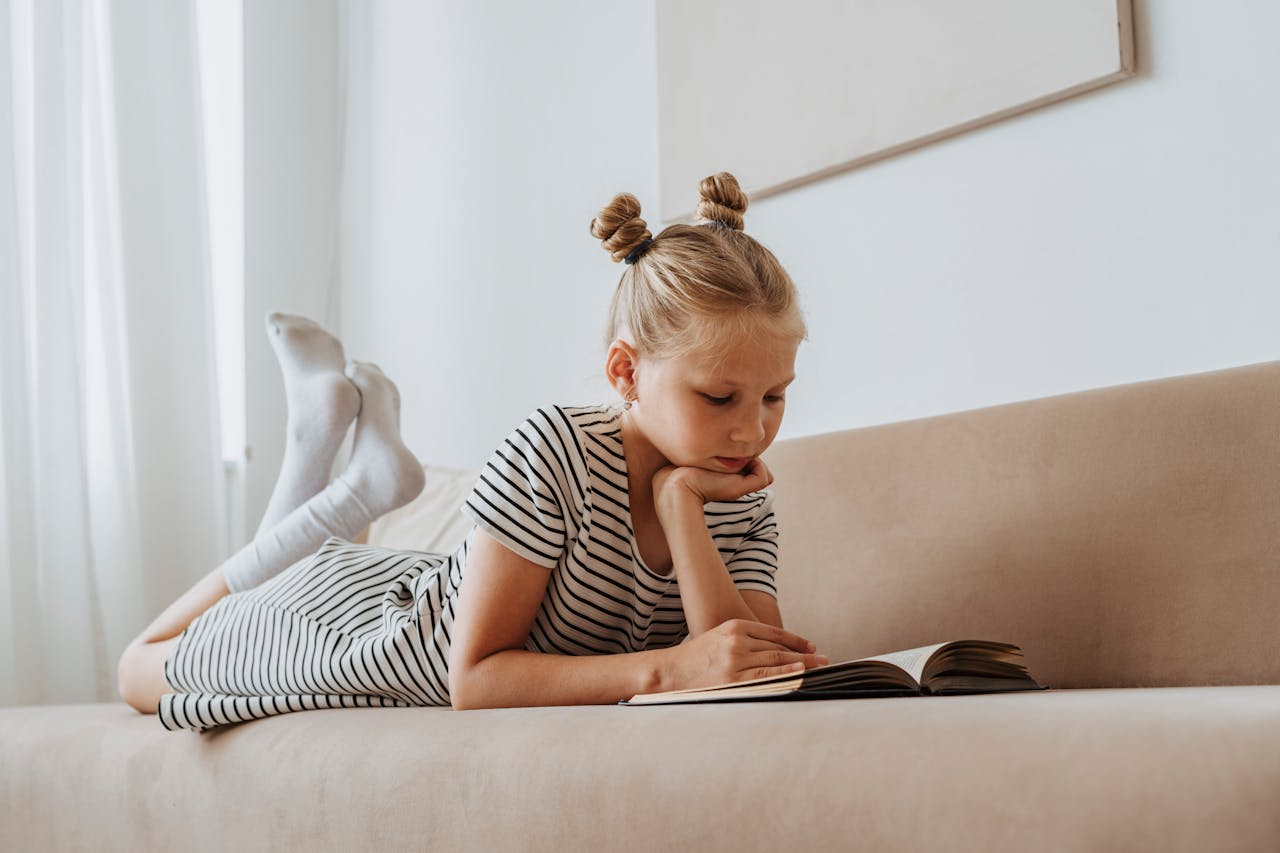As students return to school, the nation faces troubling educational outcomes. According to Fox News, Secretary of Education Linda McMahon stated that recent scores confirm a "devastating trend" in K-12 education, despite significant financial investment in various programs.
Explainer As A Former DC Cop, The Federal Takeover Was The Right Move
In contrast to the struggles of public schools, New Jersey legislators are proposing new regulations that could impact homeschooling families. Two bills under consideration would require these families to register with local school districts, submit a state-aligned curriculum, maintain a learning portfolio, and undergo annual evaluations by certified professionals.
If enacted, these measures could undermine the fundamental purpose of homeschooling, which is to empower parents to choose how their children are educated. The website Classical Conversations has criticized New Jersey's proposed legislation, stating it shifts trust away from families and towards government oversight.
Trust is a central theme in the philosophy of Charlotte Mason, a British educator whose ideas, developed in the late 19th century, continue to resonate today. Mason emphasized the importance of recognizing children as individuals capable of self-directed learning. Her principle that "Children are Persons" highlights the need for respect and acknowledgment of each child's unique abilities.
Mason believed that fostering a love of learning was essential for children's development. She argued that children require not only proper nutrition but also stimulating ideas to thrive. Rather than relying solely on textbooks, Mason advocated for the use of high-quality literature as a source of inspiration.
In her educational framework, Mason recommended a balanced approach, with intellectual activities scheduled for the morning and outdoor explorations in the afternoon. She encouraged a single reading of texts followed by narration, allowing children to express their understanding in their own words, thereby fostering ownership of their learning.
Mason also placed significant trust in parents, urging them to embrace their role in their children's education. She believed that parental authority is vital and that parents should trust their instincts rather than conforming to rigid educational standards. "Parents should trust themselves more," Mason wrote, emphasizing the natural authority that comes with the parental relationship.
As New Jersey considers legislation that may diminish parental rights in education, the principles of Charlotte Mason could offer valuable insights. Her approach advocates for a system that respects both children and parents, promoting a lifelong love of learning.
Beth Herman, an artist and essayist, has contributed to various publications, including The Federalist and The Wall Street Journal. She emphasizes the relevance of Mason's educational philosophy in today's context, suggesting that it may be time to integrate these principles into the broader education system.
Why it matters
- Recent educational scores reveal a troubling trend in K-12 outcomes, raising concerns despite increased funding.
- New Jersey's proposed homeschooling regulations could undermine parental choice and trust in education.
- Charlotte Mason's educational philosophy emphasizes respect for children's individuality and parental authority, relevant amid current legislative changes.
What’s next
- New Jersey legislators will vote on the proposed homeschooling bills in the upcoming session.
- Advocacy groups are mobilizing to oppose the regulations, urging parents to voice their concerns to lawmakers.

